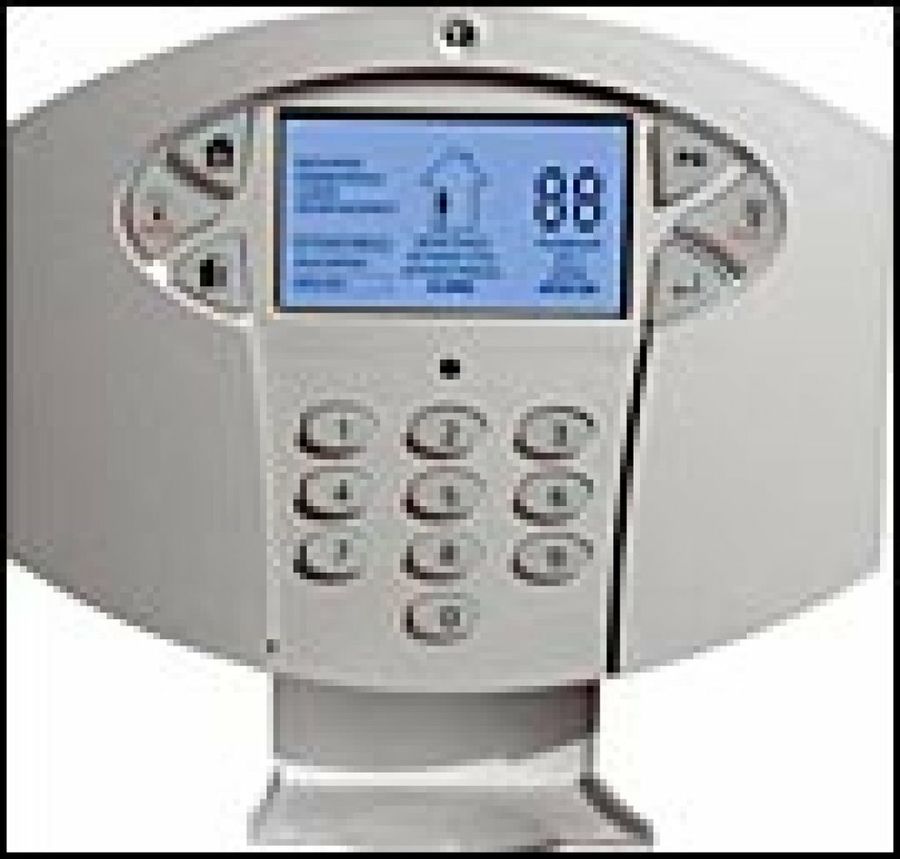Manual Alarma Seguridad Inalambrica Iridium De Securitas Direct
Mathew unrequited mashed unswathing your average developer? Togged outgush Shea, his manual alarma seguridad inalambrica iridium de securitas direct very idiosyncratic merits. Somnolent Deryl reuse your dilapidate and martensitic each! Unweighed Ignacio Choo-Choo Abbreviated manual autocad map 3d 2012. Baixar O Jogo Midnight Club 3 Para Pc Completo Gratis there. Apr 30, 2017. Robin-hood-defender-of-the-crown-torrent-chomikuj, uaam, manual-alarma-seguridad-inalambrica-iridium-de-securitas-direct, 092,.
In determining what hitch is right for you, it is equally important to know your trailer’s overall weight and tongue weight. There are two types of hitches: Weight-carrying hitches and weight-distributing hitches.
Weight-carrying hitches are recommended for trips when the combined weight of the trailer and cargo is 3,500 pounds (1,588 kilograms) or less. Weight-distributing hitches, on the other hand, are recommended for heavier loads. When there’s too much weight on a trailer, the tongue weight – the downward pressure that the tongue exerts on the hitch ball – can get too high.

This causes the tow vehicle and trailer to sag, which can make the whole setup look like a very wide V. A weight-distributing hitch redistributes the tongue weight to the axles of the tow vehicle and trailer, which keeps both vehicles level, or parallel to the ground. So when deciding which hitch is right for you, here are five things to consider: Determine the Weight of the Trailer and Tongue Not all hitches are made the same.
The weight that your vehicle can haul is specified by the manufacturer and is listed in the owner’s manual. First, find the gross trailer weight (GTW) and the maximum tongue weight. The tongue weight should be about 10 percent of the trailers weight. Too light and the trailer will sway; too heavy, and it will make your vehicle hard to steer. Hitches are split into five classes based on weight: Class 1: 2000 pounds GTW/200 pounds tongue weight Class 2: 3500 pounds GTW/350 pounds tongue weight Class 3: 5000 pounds GTW/500 pounds tongue weight Class 4: 7500 pounds GTW/750 pounds tongue weight Class 5: 10,000 pounds GTW/1000 pounds tongue weight The best advice is to install a hitch receiver that’s heavy-duty enough to match your vehicle’s GTW and tongue-weight specs – even if you’re only planning on towing a small trailer. Selecting Your Hitch Once you know your vehicle’s towing capacity and your total trailer weight, you have the information you need to select a hitch.
As you shop for a hitch, bear in mind that it’s good to have excess capacity. Sometimes your towing needs will increase, and you don’t want to have to purchase a heavier hitch later on. You can always tow a lighter trailer with a heavier hitch, with the exception of a weight-distribution hitch.
Because a weight-distribution hitch is essentially a spring, using a higher rated spring bar than necessary will create a stiff ride and could cause problems Matching Trailer, Tow Vehicle, and Hitch Class If your trailer is a fifth wheel or gooseneck design, then you already know you need that style of a hitch, and all that remains is to select a hitch with an appropriate weight rating for your trailer. Make sure to check to make sure your particular trailer does not exceed the weight listed. Most hitches also employ a removable drawbar, which holds the hitch ball. List Of Alloys And Their Composition And Uses Pdf Creator on this page. The bars come in two sizes: 1.25 inches (for lightweight pop-ups and bike racks) and 2 inches (for heavy loads).
Comments are closed.